FIRE HORSE
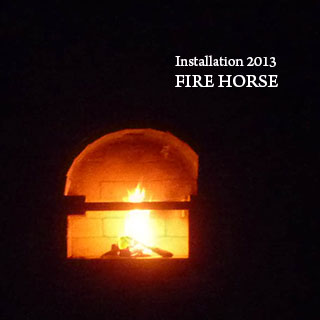
Permanent work 2013.07.27 -
Exhibition : Je-Ra-Han Art Workshop Project 'Field'
12.13 - 12.20
Jeju Horse Museum,
Gasiri, Jeju, South Korea
Supported by :
Gasiri Center for Art Creation
Jeju Horse Park
Jeju Culture & Art Foundation
Traditionally, horse is a symbol of "move" in South Korea. Koreans also believed that horse will carry, not only material goods, but also spiritual things.
In the rural villages of South Korea, one can find a drawing of a horse in an altar place, or a horse statues at the entrance gate made by the villagers. This is because in Korean beliefs, horse is used when the higher spiritual existence traveled back and forth between the two worlds.
The belief can be found in Korean shamanic practices as well. For example, in order to cure the sick in the village, there was a shamanic ritual to make a doll - a figurative representation of the sick person - and put this doll on the horse's back to carry away. It is said that such ceremony spiritually demonstrated illness to go away.
Historically, Jeju island is also a center of Korean Shamanism, known as "The Island of 18,000 gods", with many shamanic traditions permeated the life of the locals even today. Through various shamanic rituals, Jeju residents deal with misfortune, death and sickness to go away and ask for blessings. The island deeply relates to raising horses, as well as tradition of three elements of abundance: wind, widows and volcanic stones.
Installation "Fire Horse", located on the hill in the Jeju Horse Park facility, is a kiln which constructed by fireproof bricks and Jeju volcanic stones. The Museum provide a paper which one can write one's wishes, and burn the written wishes in this horse shaped stone oven. The work is not only intended to install a jinx-like story in the local society, but more try to bring out people to outside, while setting up a landmark where people can be gathered.
 |
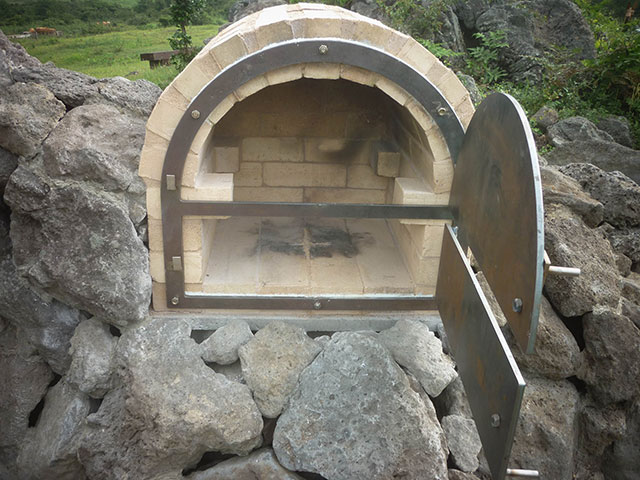 |
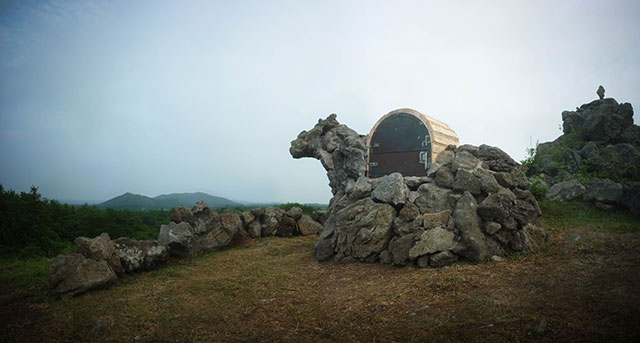 |
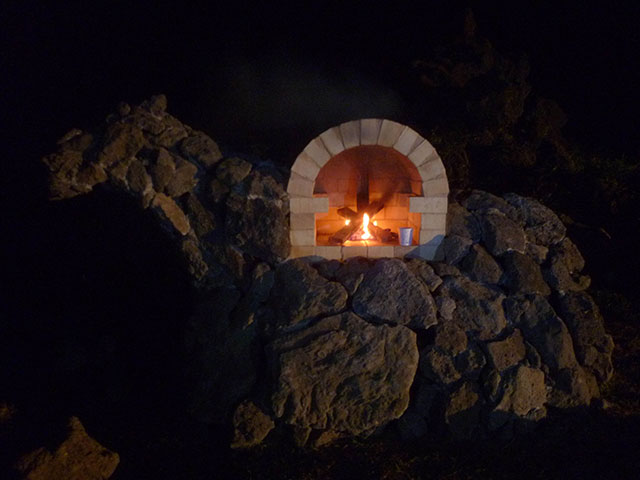 |
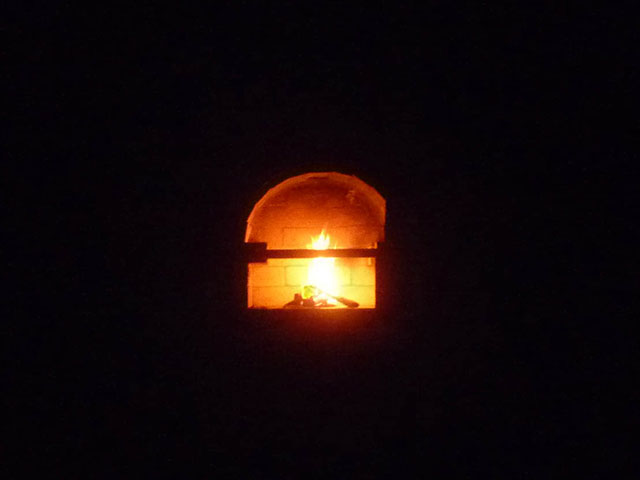 |